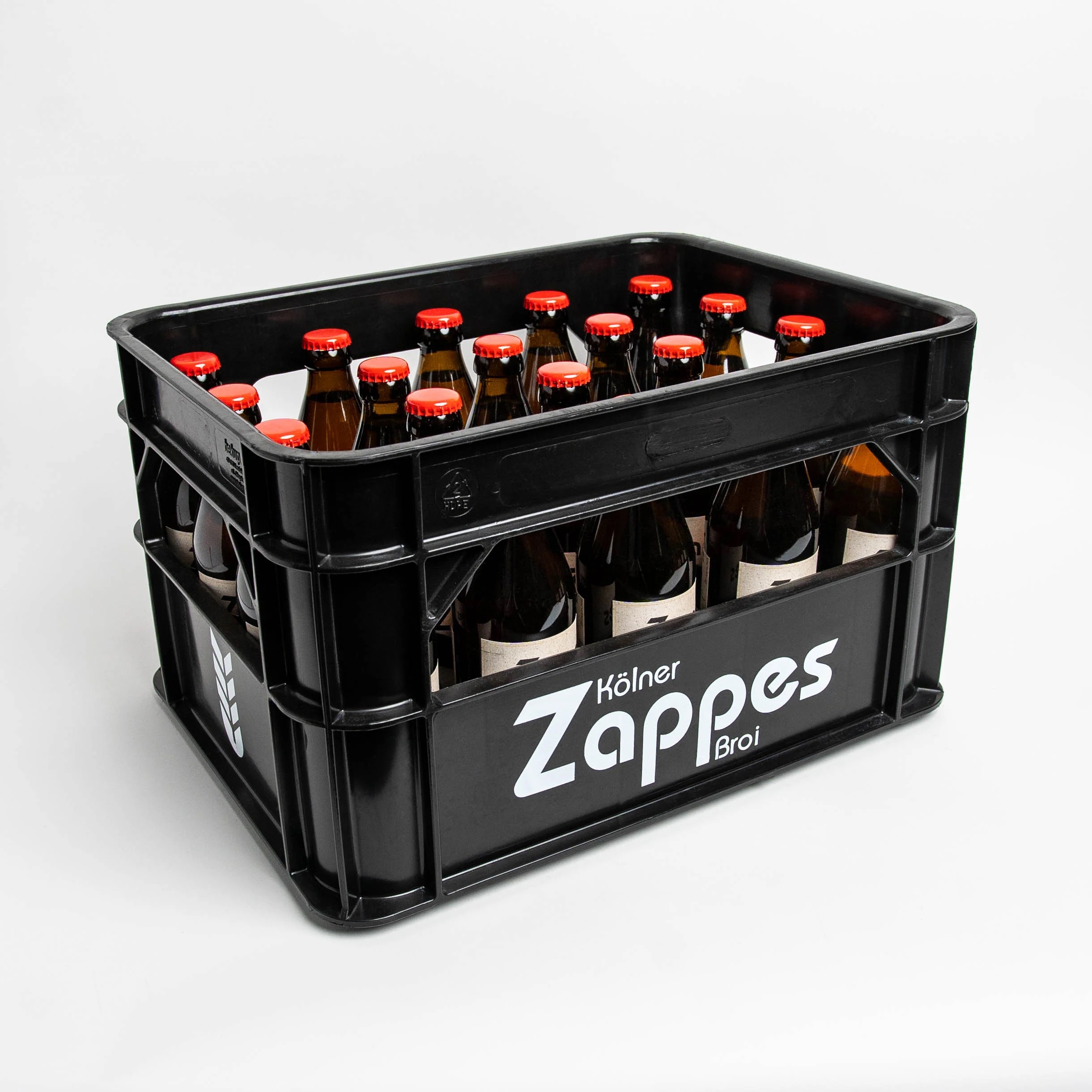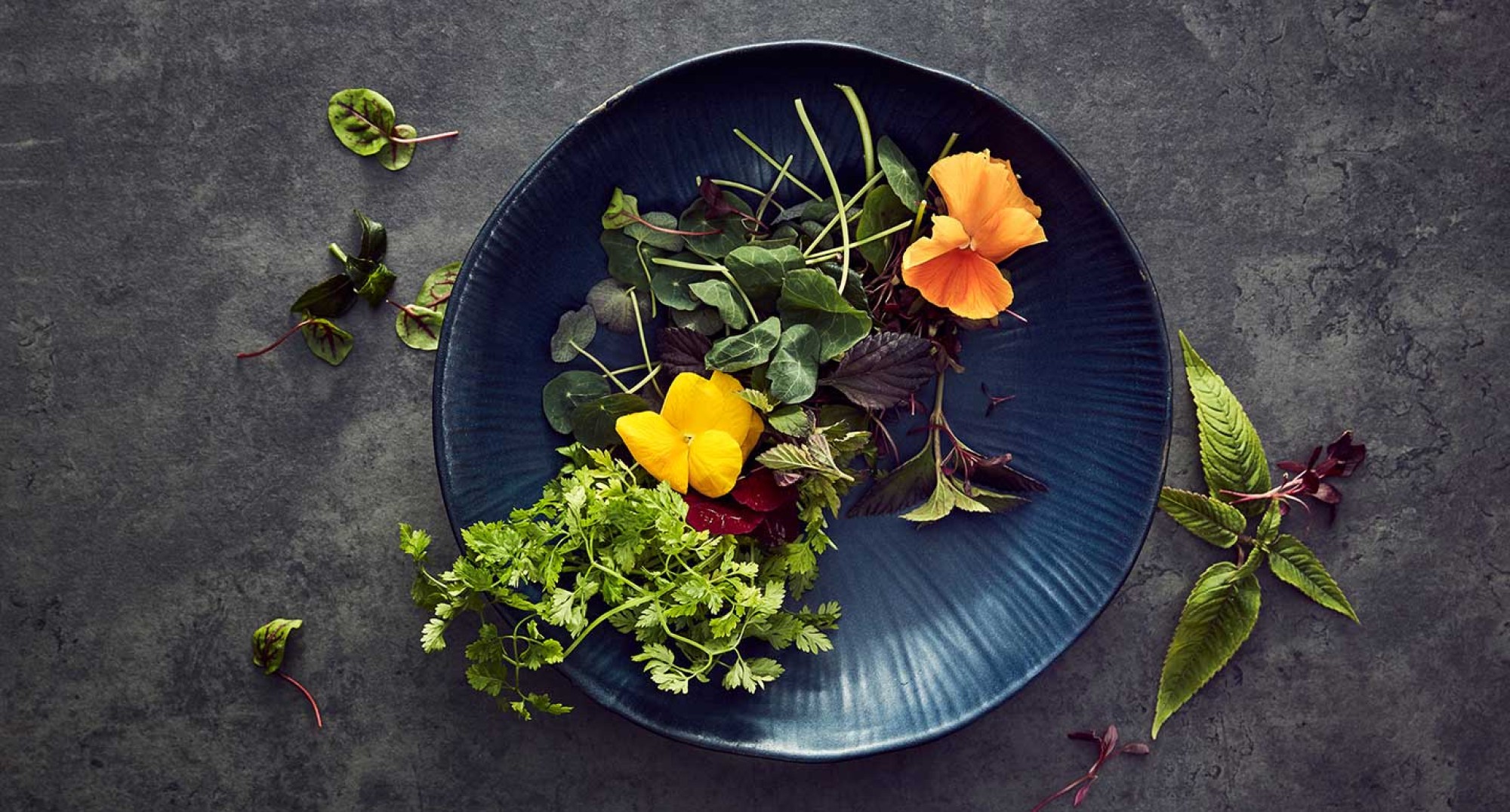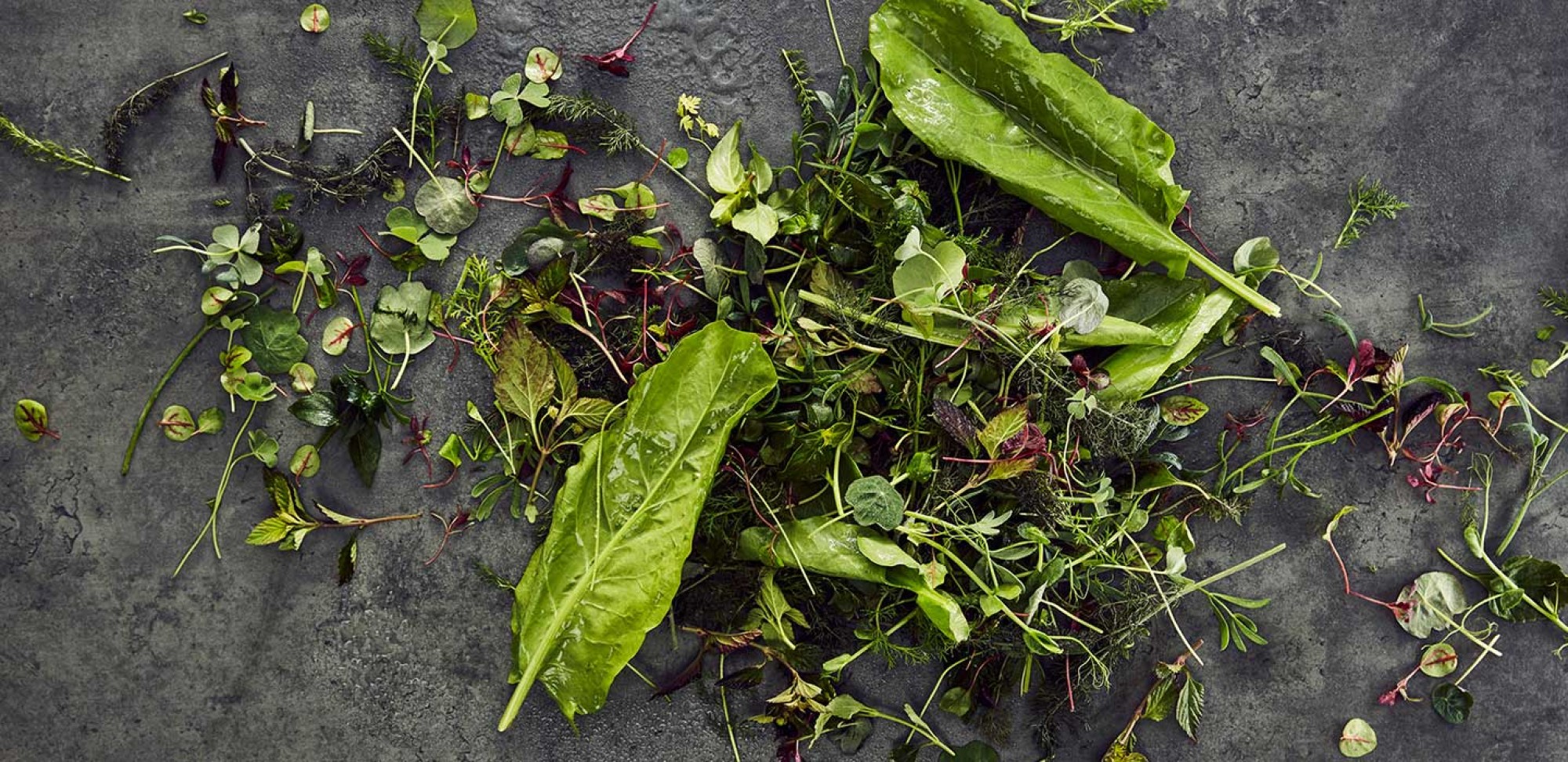FARM TO TABLE AT ITS BEST
We are proud to be able to purchase a wonderful selection of fruit, salad and vegetables directly from Haus Bollheim. Haus Bollheim in Zülpich-Oberelvenich has been farmed biodynamically since 1982. During this time, the farm has grown into a unique organism. Thus, we are not only part of the agricultural turnaround, but also make our contribution to the preservation of species and variety diversity through old varieties that defy climate change. Ideally, all this goes hand in hand with a soil-friendly circular economy and - last but not least - the diversity of sustainably working farmers and their strengthened financial basis. In addition, we are delighted to be able to bake our own bread with the finest wheat, rye and spelt from the Haus Bollheim mill bakery in Zülpich. This is really something special: the Mühlenbäckerei makes a big exception for us and supplies us with parts of their meal - and we, in turn, dare to take the step of preparing doughs in-house and baking our own creations for the first time.
MORE ABOUT HAUS BOLLHEIM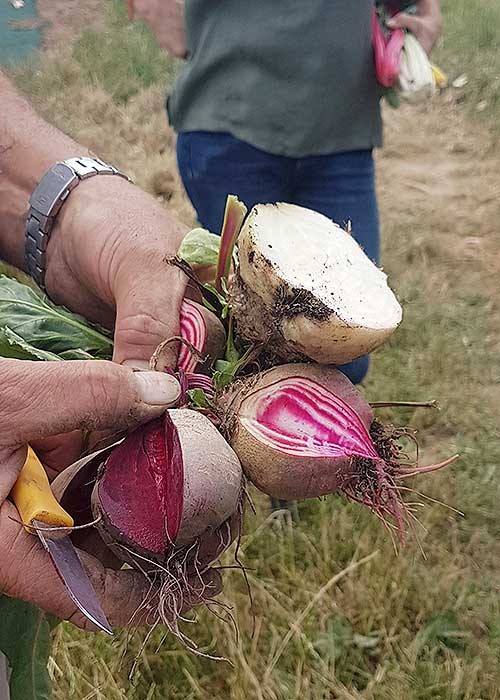
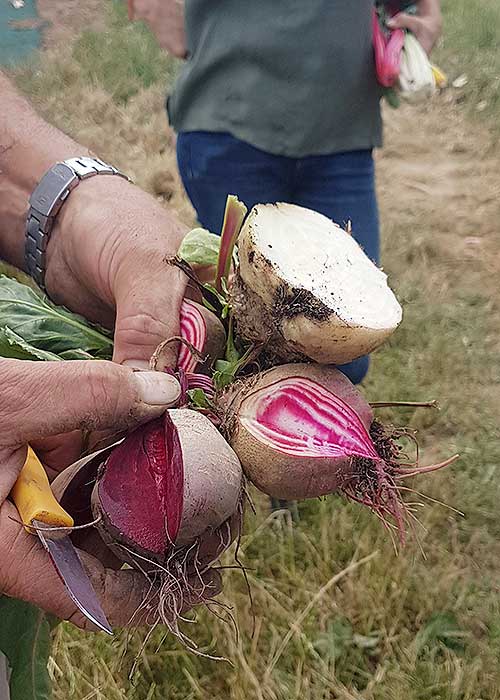


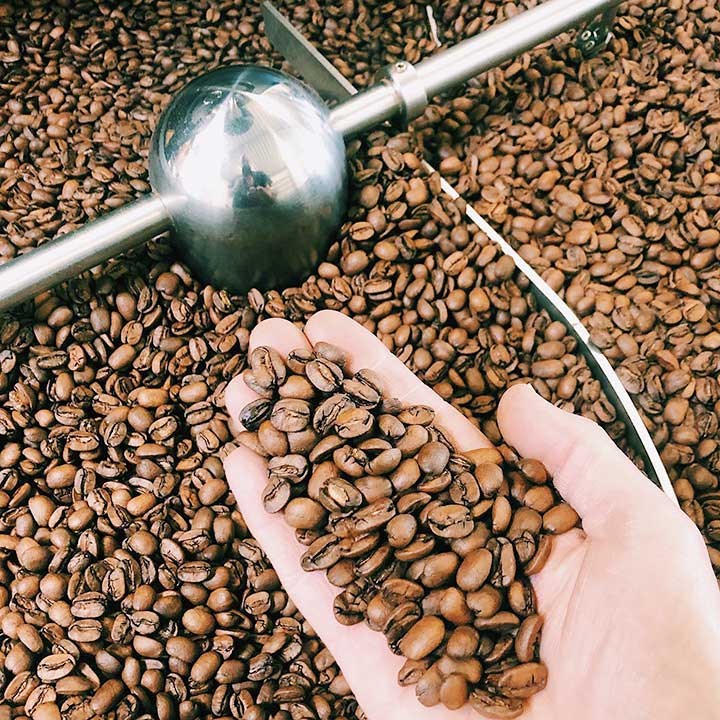
TO ALL THE COFFEE LOVERS
We’ve always wanted to develop our own DEINspeisesalon espresso blend. And now we have! Our DEINspeisesalon coffee is certified organic and is roasted especially for us by Benson Coffee in Neuehrenfeld. Benson Coffee stands for lovingly selected speciality coffees – roasted by Benjamin Pozsgai, two-times German roasting champion (2016 and 2019). Benjamin purchases raw coffee independent of the exchange price directly from coffee farmers, to offer them an essential perspective and to show appreciation of their work. And by the way: Benjamin delivers the freshly ground beans in reusable 4-kg buckets, by cargo bike. Inspection authority: DE-ÖKO-006
MORE ABOUT BENSON COFFEE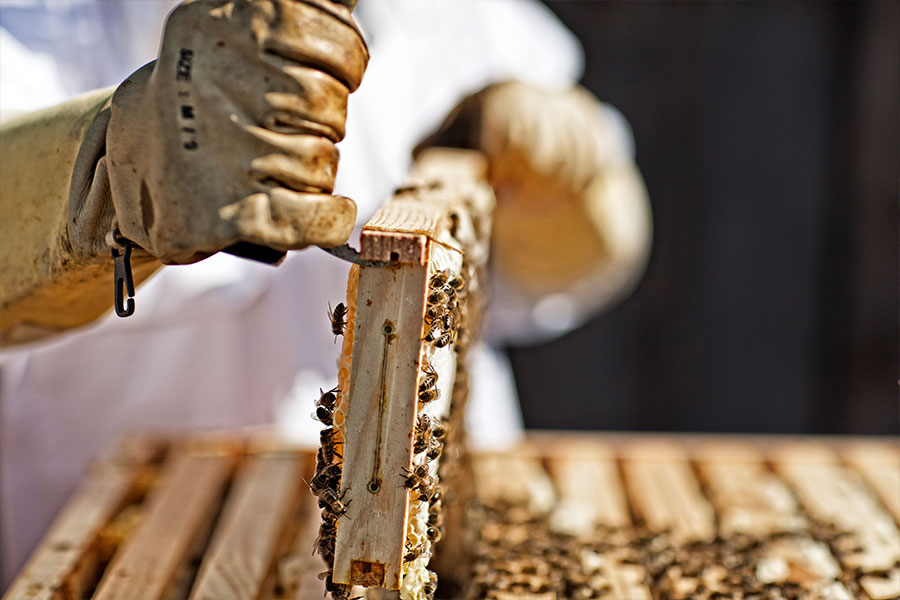
COLOGNE BEEKEEPER WITH HEART AND SOUL
Why did Frank Methien’s Bienwerk honey win us over in the summer of 2020? Bienwerk is a honey farm making pure, untreated blossom honey in Cologne since 2010 – a high-quality handmade product from the heart of the city. Frank has his hives in Südstadt, Poll, Bickendorf and Raderberg. The wide variety of flowers and trees lend this urban honey a complex and intense flavour that really surprised us, and instantly seduced us as an inspiration for new dishes.
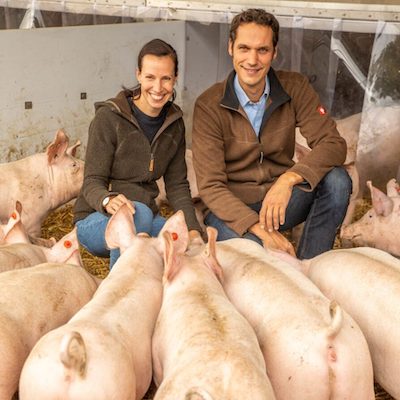



PASSION AND RESPECT FOR ANIMALS AND NATURE
Simona & Carl-Hendrik May are "husbandry system 4"-certified and keep their Ameker straw pigs entirely on straw - with plenty of space, light, air and, of course, a curly tail. The pigs are fed exclusively with regional and GMO-free feed. They live in an outdoor climate stable, with separate sleeping, feeding and excrement areas. This allows the animals to experience a natural day-night rhythm as well as climatic and environmental stimuli around the clock. In addition, the pigs have free run to the adjacent meadow and can live out their natural behavior here. The animals are slaughtered in the farm's own butchery. This saves them any transport and thus stress.
MORE ABOUT AMERKER STRAW PIGSFISH FARMING IN NATURAL SURROUNDINGS
Around 60 km outside Cologne in Wipperfürth, you’ll find the fish farm and smoke house run by Denis Hahn and his family, complete with its own angling park. Denis is a third-generation fish farmer dedicated to sustainably rearing all fish, from roe to plate-size. Trout, salmon trout, carp, sturgeon, catfish, eel and brook trout live in 17 organic aquaculture ponds filled with mountain spring water.
MORE ABOUT FISCHZUCHT HAHN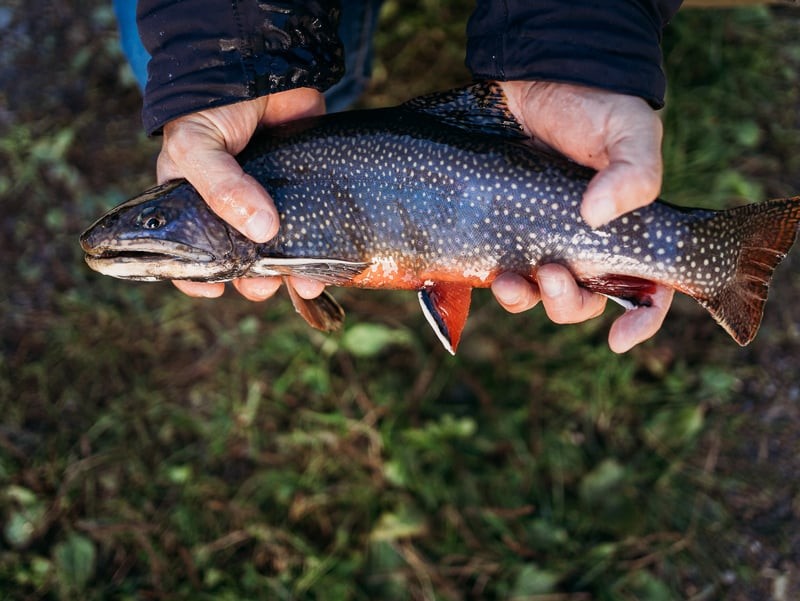
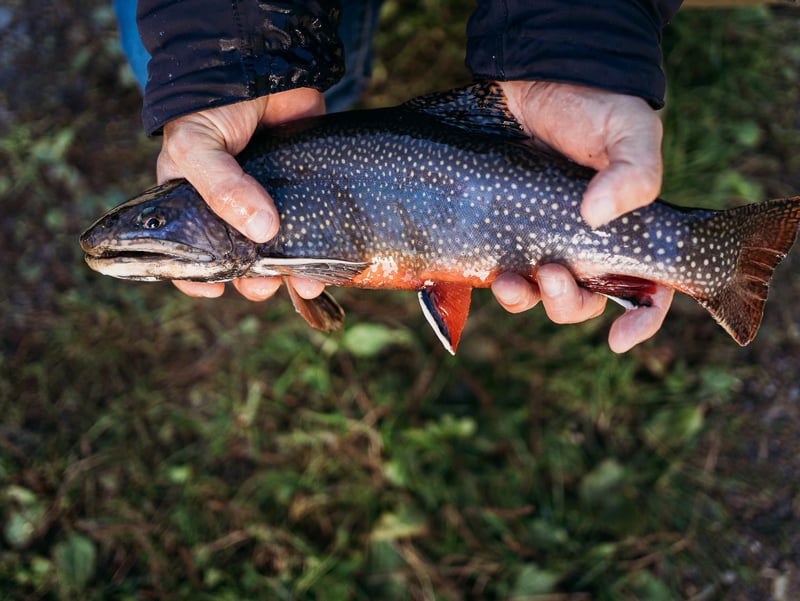


GRAPE TO WINE
Michael Andres' wines are produced according to organic-biodynamic guidelines. In the aging process in the cellar, gentle grape processing is paramount. Minimally invasive work and as much time as possible. The maturation takes place mainly in stainless steel and small wooden barrels. His so-called "N wines" are rare and small lots, they are fermented with wild yeasts, are not filtered and are given maximum freedom: N - atural, N - o filtration, N - o limits, N - ext level. We have especially taken the Pinot Gris to our hearts.
Together with his friend Steffen Mugler, Michael Andres has become one of the best addresses for top sparkling wine from the Palatinate. Since 1989, the two have been producing sparkling wine according to traditional methods. Their sparkling wines reveal everything about their origin. They reflect varietal diversity, terroir and the Palatinate. They are light, have a grapey-mineral taste and are always dry.
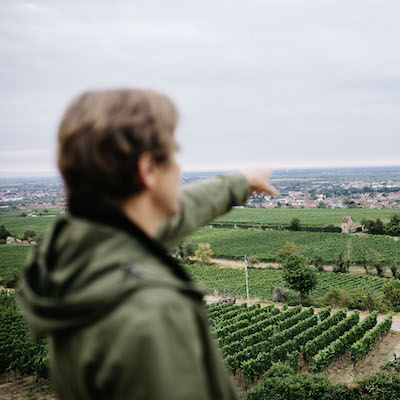



NOSE TO TAIL
In the Eifel region – in Andernach, to be precise – we’ve found a great farm where Charolais cattle grow up just as they ought to, outside in nature. The cows are fed homegrown grass, maize and grain. Weather permitting, the herds spend April to November/December on around 60 hectares of meadows. Slaughter appointments are made only once an animal has reached natural maturity. That’s why we launched a trusting cooperation with the breeder Sarah Doetsch and her family, aiming to build a long-term partnership. But we wanted to go one step further, and the quality produced on the farm convinced us to start ordering whole cattle at last. That means we can use every part of each animal in our cuisine, following the whole-animal movement thanks to your support.
MORE ABOUT MARGARETHENHOF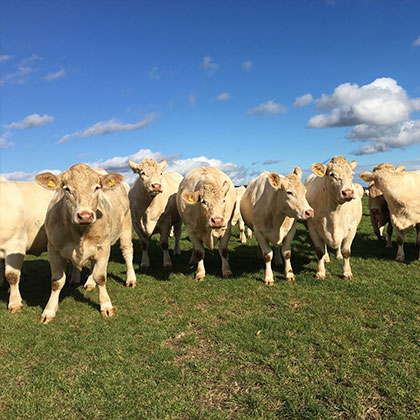



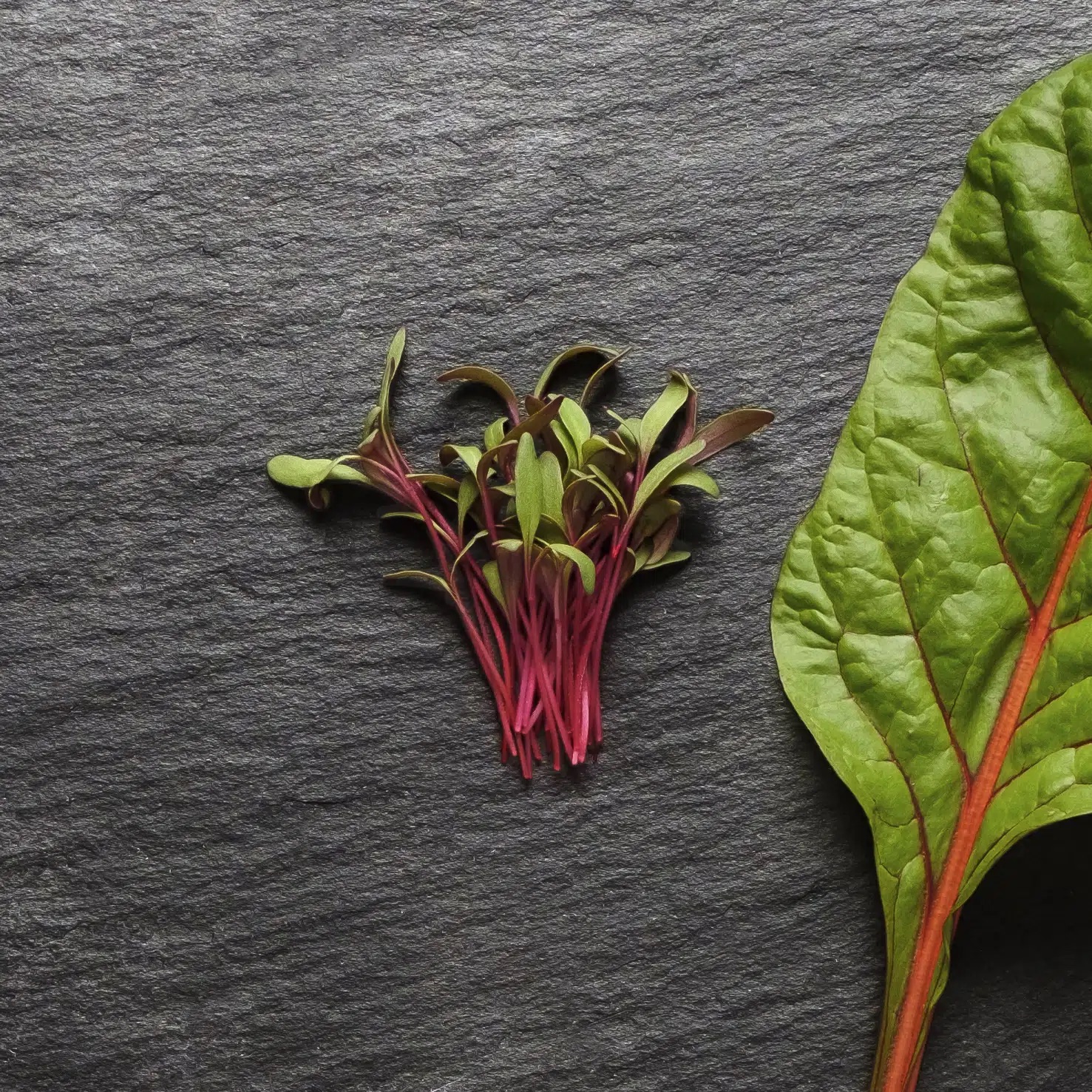



MICRO GREENS - MAXI TASTE
Philipp and Steffen Schröer run a vertical farm in Ehrenfeld, doing their bit towards cultivating fresh vegetables locally to avoid long delivery routes and unnecessary CO2 emissions. The brothers use certified organic seeds and peat-free organic earth, and run their farm on 100% clean power. Plus, they deliver by cargo-bike. The little plants in the stage between sprouts and baby leaves grow for seven to 21 days, depending on variety, and are harvested at peak nutrient level. We’re total fangirls and boys, since microgreens taste incredibly intense and flavoursome.
MORE ABOUT MICROGREENSVINEGAR – IT’S ALIVE.
To be brutally honest, we didn’t put much thought into vinegar for a long time. Gastronomy training doesn’t usually go into vinegar quality – it just has to taste good. But now we know the huge differences between vinegars. And we’ve learned that time is a key factor – like with many things that improve with age. We’ve found a vinegar brewer in Theo F. Berl who really knows his onions, and can make vinegars just the way we want them. And ever since, one of our great passions has been pickling beets, cucumbers, radishes, chilis & co in Theo’s vinegar and experimenting with colours, shapes and spices.
MORE ABOUT THEO F. BERL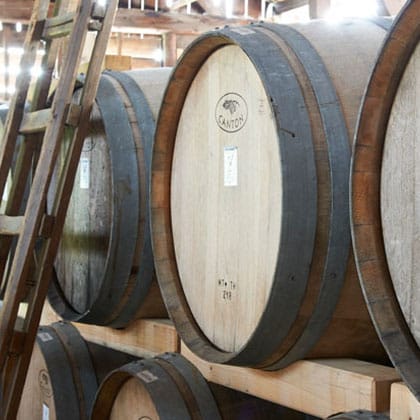



Cologne organic pilsner & "Veedel" communities
Maxi and Nico had the idea of establishing a pilsner in Cologne for some time. They then took the plunge in 2020. Zappes stands for Cologne (non-alcoholic) organic pilsner, organic shandy, and the strengthening of Cologne's neighborhoods and their communities. With the special variety of products, not only is there something for every taste, but various arts and cultural areas are also supported - sustainability, commitment and love for the Cologne "Veedel" are always at the forefront at Zappes.
MORE ABOUT ZAPPES BROI